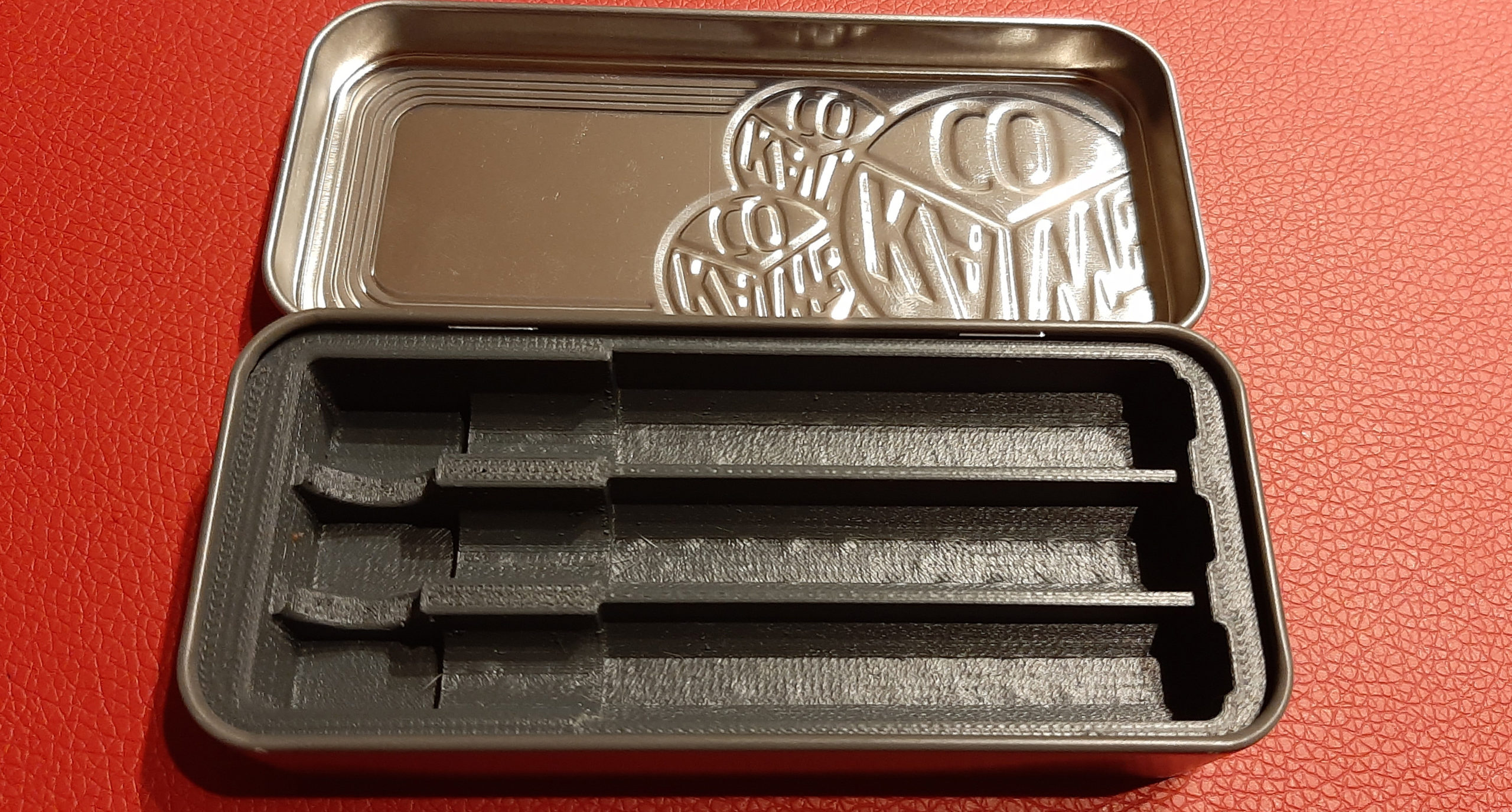Why do I love making so much?
Writing about this topic was probably my first thought. But I have written a lot, and I haven’t spoken about it yet. And to be honest, I didn’t find the right answer to it. When I read what I wrote, I see more difficulties in the hardware industry than expected and a process that could be not always satisfying.
I think that the real fascination comes from the “creation of something” from seeing in your hands something that was only an idea. I guess it’s coming from our very digital world. I love technology and have nothing against digital, but I did not have thousands of emails and hundreds of Powerpoints and documents during my career. With it, it’s difficult to have the feeling of a life’s work.
It’s also something creative, I don’t think a lot about it, but people visiting MotionLab for the first time find it an inspiring and creative place. I’m more focused on the industrial vision, but definitely, there is some creativity around.
And it’s also a kind of manual work. Of course, there’s a lot of work with the computer, but at the beginning and at the end of the process, you use your hands. I always start with some sketching on paper with a pencil, in an absolute classic style. At the end of the process, printing, cutting, selecting the material, and finishing are completely manual processes.

Something similar happens/I have a similar feeling with coding. It is only digital, but you also have the feeling of “creation”, Achieving a ready to use final product. And I have similar feelings while cooking. It is something creative, done with the hands, with a clear final product and not using a computer.
I find this fascination in other people. Makers are usually people that use to build things when they were kids. It’s not my case, I did few models or similar things, but I always had some interest in sketching or in tools and machines.
There is a common point in all these examples: to create something complete. In a complex world, every day more complex, we usually don’t see the results of our work. That’s a well-known frustration for the workers of big corporates. Often, we are only a link in a chain, and that’s not very satisfying.
In the end, creating things is engineering for me. It’s to find a solution with a new creation. Something very important for engineers, usually lost at University while studying. A place like Motionlab and a maker mentality is a perfect complement for technical studies and a big motivation for the students.
Maybe there is no real reason for this passion, and that’s what happens with vocations. Something is attractive for you, a curiosity starts, and when you learn and discover more, you find it fascinating.
Then the work or the hours you spend on it are not relevant, and what becomes important is not the final results. It’s the discovery process, then you have found a vocation.
Conclusions:
- Perhaps there cannot be a conclusion to explain a vocation. Something is attractive to you and that is all. Others may find the same thing complicated, unproductive, and a waste of time.
- Doing something from the beginning and seeing a real result is not common today. And that’s satisfying.
- If this product is made of real atoms, not bits, it’s even better.
- It is likely what engineers expect from the university, and we have learned a lot of theory and unfortunately used fewer machines. A combination of both can reduce frustration.
- There is a good balance between learning and doing something worthwhile with little effort, and that is a motivation to learn more.
Version DE


